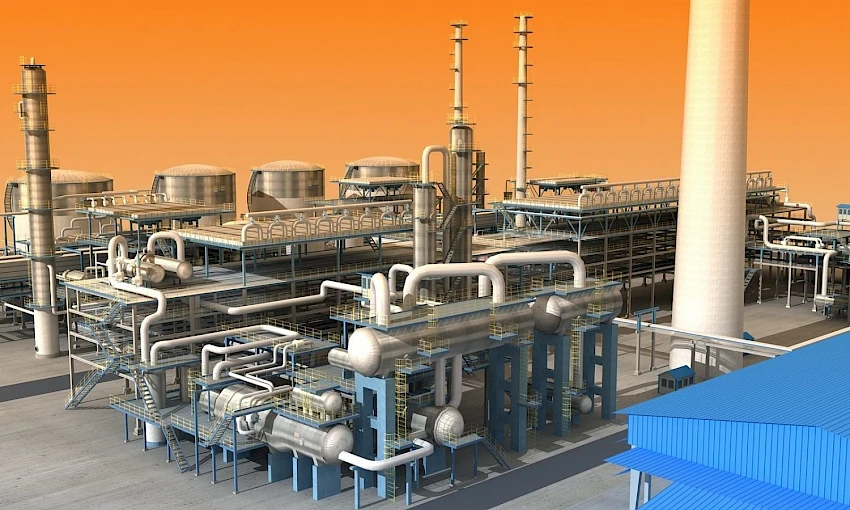
Basic and Detailed Engineering: A Comprehensive Guide
What is Basic Engineering?
Basic engineering forms the foundation of all engineering disciplines. It encompasses fundamental principles from fields such as mathematics, physics, chemistry, computer science, and materials science. These principles provide the essential knowledge base for engineers to tackle complex problems and design innovative solutions.
The Importance of Detailed Engineering
Detailed engineering involves a deep understanding of a specific engineering discipline beyond the basic principles. It requires specialized skills and knowledge to address the unique challenges and requirements of a particular project. For instance, a mechanical engineer might use detailed engineering techniques to analyze the inner workings of a complex machine, while an electrical engineer might design a sophisticated electrical circuit.
The Impact of Engineering on Society
Engineering plays a crucial role in shaping our world. It is applied in various fields, from infrastructure development to healthcare and technology. Engineers work tirelessly to meet basic human needs like energy, water, food, and communication. Their innovative solutions drive progress and improve the quality of life for people worldwide.
The Intersection of Basic and Detailed Engineering
While basic and detailed engineering are distinct areas of expertise, they are often interconnected. A strong foundation in basic engineering principles is essential for understanding and applying detailed engineering techniques effectively. Conversely, detailed engineering can deepen one's understanding of fundamental concepts and lead to new insights and discoveries.
Aces: Bridging the Gap Between Basic and Detailed Engineering
At Aces, we excel in combining basic and detailed engineering expertise to deliver exceptional solutions. Our interdisciplinary approach allows us to tackle complex challenges from multiple perspectives, ensuring innovative and effective outcomes. We are committed to leveraging our expertise to drive human progress and create a better future for all.
Differences Between Basic and Detailed Engineering
Basic and detailed engineering are two distinct phases in the design and engineering process of a project. Both are crucial for project completion and complement each other.
Basic Engineering
-
Defines project scope: Outlines the overall objectives, goals, and boundaries of the project.
-
Conceptual design: Develops initial design concepts and evaluates different alternatives.
-
Feasibility studies: Assesses the technical, economic, and environmental viability of the project.
-
Risk assessment: Identifies potential risks and develops risk mitigation plans.
-
Cost estimation: Provides preliminary cost estimates for the project.
Detailed Engineering
-
Detailed design: Elaborates on the conceptual design, providing all necessary details for construction and manufacturing.
-
Technical documentation: Creates detailed engineering drawings, plans, and diagrams.
-
Equipment selection: Selects equipment and specifies their technical requirements.
-
Manufacturing and fabrication: Develops manufacturing processes, fabrication methods, and quality control procedures.
-
Construction and commissioning: Plans for the installation, testing, and startup of the project.
Summary
-
Basic engineering lays the foundation for a project, while detailed engineering builds upon that foundation.
-
Basic engineering is more general and conceptual, while detailed engineering is more specific and technical.
-
Both engineering disciplines are essential for project success and work closely together.




